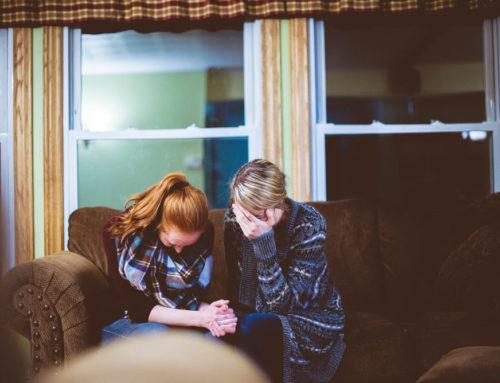Along with the most of the world, I learned the phase “conscious uncoupling” after supercouple Gwyneth Paltrow and Chris Martin used it to describe their separation. While the term has been mocked as prototypical celebrity PR doublespeak, it can offer real value to couples that are seeking to end their marriage and are able to embrace the term at a deeper level.
The term “conscious uncoupling” was coined by New Age psychotherapist Katherine Woodward Thomas as an intentionally “kinder term for divorce.” Dr. Thomas says that conscious uncoupling can help people “release the trauma of break-up, reclaim your power and reinvent your life.”
Divorce is difficult and can be traumatic and make people feel powerless. However, it doesn’t have to be that way. With more people being touched by divorce than ever before, there is a far better understanding of how hurtful divorce can be to the families that are involved in this process. Thankfully, there is also an understanding that the traditional divorce process—one that enables if not enforces the negative outcomes of divorce—is not the only way to dissolve a marriage.
Collaborative Divorce and Mediation are processes that allow the individuals to maintain control of the process, rather than the courts, and to tailor solutions that meet the unique needs of each family. Collaborative and Mediated divorces are also designed to improve communication skills, which helps both during the divorce process and in post-divorce communications.
You can divorce or “uncouple” from your spouse, but if you have kids together, you will always be linked. Recognizing that truth and finding a way to minimize conflict and put your kids’ needs first is the best way to ease that transition for your family. We often hear the phrase, “Love your kids more than you hate your ex.” Whether you choose to divorce or consciously uncouple, hopefully you can choose a process that minimizes the emotional and financial toll and puts you on a path to a better life.
In the end, what can non-celebrities take away from their “conscious uncoupling?” I would look beyond the use of conscious uncoupling as a term and focus on the other parts of their statement–the recognition that “we will always be a family” and the implication that they want to co-parent together in a positive, productive way can be a model to all. Those aspects are things that all divorcing couples can emulate, even without a PR director.






